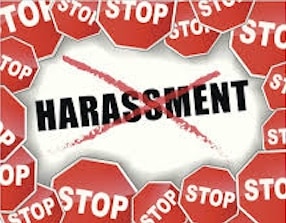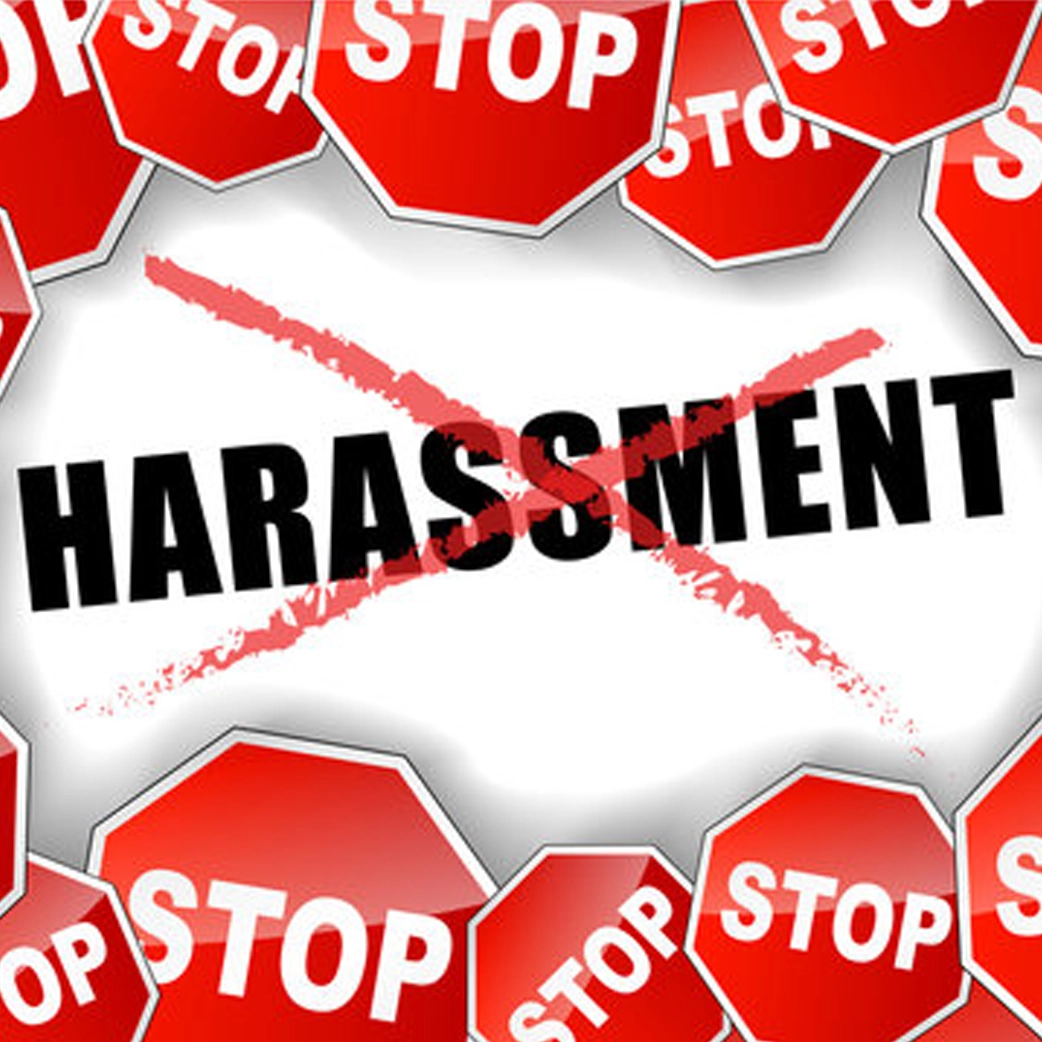COVID-19)Novel Coronavirus Update 130700APR20
Online John Hopkins CSSE Coronavirus Dashboard
WHO Novel Coronavirus (2019-nCoV) website
European Centre for Disease Prevention and Control, Novel coronavirus in China page
The number of cases worldwide continues to climb. According to health officials, there have been 1,854,464 confirmed cases of COVID-19. More than 114,331 people have died.
LOUISIANA
Please go to http://ldh.la.gov/Coronavirus/ for official information on Positive Test Results and locations. It is updated 12 noon daily. LDH officials’ latest report: As of last report all Parishes have reported (64 of 64) cases with state totaling 20,595 cases of COVID-19 and 840 deaths across the state.
2,084 Reported COVID-19 Patients in Hospitals; 458 of those on ventilators
5,519 Tests Completed by State Lab; 98,526 Commercial Tests Completed
SEE ATTACHED SPREADSHEET FOR LATEST PARISH INFO UPDATE WILL BE AT NOON TODAY
Nationwide, there are now more than 29,000 members of the National Guard on duty around the country to support the nation’s response to the pandemic. Guardsmen have been called to serve a variety of roles in different states, from staffing emergency operations centers to restocking grocery shelves. Of course after yesterdays’ storms LANG is also involved is the recovery effort related to the storms.
SEVERE WEATHER NOTE: Louisiana declared a state of emergency due to Sunday’s severe weather. Storms across the state included large hail, tornadoes, and thunderstorms. There are reports of power outages, downed trees, and significant damage to structures in multiple parishes of Ouachita, Bossier, and DeSoto due to tornados and flash flooding. The city of Monroe, Louisiana, announced “reports of damage in multiple neighborhoods” after the storm moved through shortly before noon on Sunday. Officials estimated that at least 300 homes were damaged in Monroe, West Monroe, and the rest of Ouachita Parish, and the city of Monroe was working to secure about 200 hotel rooms to shelter those who were displaced. Multiple planes and hangers suffered damage at the Monroe Regional Airport, which canceled all flights. No fatalities are reported at this time in Louisiana but officials say there are a few injuries and the extent of these injuries is unclear.
At least eight people are dead as more than a dozen confirmed tornadoes struck from Texas to Mississippi moved across the Southeast United States. The death toll increased to eight after one additional death was reported in Jefferson County, Arkansas, with the other seven reported in several counties of Mississippi. There were at least 34 reports of tornadoes as the storms crossed the region. Approximately 745K customers are without power across the Southeast United States. Outages are most significant in Texas, Arkansas, Alabama, Mississippi, Georgia, and Kentucky.
NATIONAL
The U.S. has surpassed Italy as the country with the highest number of coronavirus deaths with 22,106 recorded by early Monday and 557,590 cases.
The U.S. Food and Drug Administration (FDA) has issued an emergency use authorization that would pave the way to “decontaminate nearly 4 million N95 or N95-equivalent respirators per day in the U.S. for reuse by health care workers in hospital settings. The FDA outlined the system for which hospitals can use to sterilize the masks, a critical piece of personal protective equipment in the fight against coronavirus. “Our nation’s health care workers are among the many heroes of this pandemic and we need to do everything we can to increase the availability of the critical medical devices they need, like N95 respirators,” FDA Commissioner Dr. Stephen M. Hahn said in the press release. This authorization will help provide access to millions of respirators so our health care workers on the front lines can be better protected and provide the best care to patients with COVID-19.
Additionally, the first batch of stimulus payments promised to American taxpayers amid the coronavirus pandemic were direct deposited on Saturday, the Internal Revenue Service said. “We know many people are anxious to get their payments; we’ll continue issuing them as fast as we can,” the agency tweeted Saturday evening. Direct deposits will continue to be issued in the next couple of days to taxpayers, starting with those who filed taxes for 2018 and 2019. This includes Social Security beneficiaries who filed federal tax returns that included direct deposit information.
TEXAS – The number of Houston-area coronavirus cases climbs to 5,388 with 86 deaths, with 953 recoveries. Texas Gov. Greg Abbott signed an order Sunday, extending the disaster declaration for all Texas counties in response to the COVID-19 outbreak. The declaration provides the state with many resources to effectively serve Texans against the fight to mitigate the spread of coronavirus, according to the governor’s office. Texas officials said Sunday about 13,500 state residents had tested positive for the COVID-19, and 271 had died.
SOUTH CAROLINA – South Carolina also issued an executive order on Sunday extending the state’s emergency declaration. The new order will keep previous provisions in place for at least 15 more days, including protections for first responders, virtual schooling through April, and granting emergency powers to the Department of Health and Environmental Control.
The US State Department has issued a “Do Not Travel” health advisory. The Department of State advises U.S. citizens to avoid all international travel due to the global impact of COVID-19. In countries where commercial departure options remain available, U.S. citizens who live in the United States should arrange for immediate return to the United States, unless they are prepared to remain abroad for an indefinite period. U.S. citizens who live abroad should avoid all international travel.
INTERNATIONAL
China reported 108 new virus cases, 98 of which were imported from overseas, its highest figure since early March. The country where the disease first emerged has largely brought its domestic outbreak under control, but it faces a fresh battle against imported infections, mostly Chinese nationals returning home. China has reduced the number of people crossing its borders by 90% as part of its efforts to contain the spread of the coronavirus, an immigration official said on Monday. Speaking at a briefing, Liu Haitao, an official with the National Immigration Administration, said the number of cases was still on the rise in the countries along China’s borders. The country was working to limit all non-essential crossings, but it remained a huge challenge to control the large number of mountain passes, ferries and roads along the country’s long border, he added.
Spain’s overnight death toll from the coronavirus fell to 517 on Monday from Sunday’s 619, bringing the total death toll to 17,489, the health ministry said, adding that it was the smallest proportional daily increase since tracking began. The ministry said in a statement that overall cases rose to 169,496 from 166,019. After a fall in daily death tolls, Spain and Italy, two countries hard-hit by the virus, were set to begin easing lockdown measures on Monday. In Italy and Spain some non-essential workers will be able to return to work this week, as the two southern European countries attempt to shore up their ailing economies. In Italy, some shops will be permitted to reopen from Tuesday including bookstores, stationery stores and those selling children’s clothes. Forestry businesses will also be able to restart operations to ensure the supply of wood. While in Spain, any worker who cannot work from home will be able to return to work this week, with more than 10 million masks being distributed at bus, metro and train stations throughout the country.
The UK is facing its fourth week in lockdown, with the government set to review by Thursday whether social distancing measures can be changed. Ministers are required by law to assess whether the rules are working, based on expert advice, after three weeks of telling Britons to stay at home. While nearly 200 members of the armed forces are being deployed to help ambulance staff battle the coronavirus pandemic. They will carry out tasks across Britain such as driving ambulances, the Ministry of Defence said. The military have already been helping the NHS by delivering protective equipment and helping to build London’s NHS Nightingale hospital. Members of the Royal Navy, the British army and the Royal Air Force will be sent to five NHS ambulance trusts. Their responsibilities will vary depending on the area they work in, but they are expected to drive ambulances and take calls from the public. The RAF is already assisting the Scottish Ambulance Service by using its Puma helicopters to take patients to hospital. On Sunday, the UK’s total number of hospital deaths reached 10,612 with 85,208 cases.
The United Arab Emirates is threatening to restructure its labor relations with countries that refuse to take back their expatriates during the coronavirus epidemic. The statement Sunday did not identify which countries the UAE is currently at odds with, but a number of articles in the state-controlled press refer specifically to how India and Pakistan — the two main sources of UAE’s labor — are refusing to allow in repatriation flights. Almost 90 percent of UAE’s population is non-citizen, with 60 percent hailing from South Asia. Indians, Pakistans, Bangladeshis and others work in jobs ranging from construction to the service sector to top managers. With the shutdown of the economy to combat the coronavirus many of these workers have been laid off and are seeking to return home. The Ministry of Human Resources “is looking into revising current partnerships concerning labor relations with nations refusing to cooperate with evacuation measures undertaken by the UAE to repatriate private sector expatriates who wish to return home,” the state news agency reported. They said if the situation is not resolved, there could be future restrictions and quotas instituted. Pakistan’s ambassador to the UAE told the Gulf News that a lack of quarantine and testing facilities was hampering the return of the 25,000 expatriates who had signed up with the embassy to return. The Indian ambassador, meanwhile, has said that it was healthier for Indian citizens to stay put in the UAE for now. “It is totally wrong to say that we are abandoning our citizens. Once the lockdown in India is lifted, we will certainly help them get back to their home towns,” Pavan Kapoor said, adding that the government’s focus was to first stop the infection chain at home. Though incoming flights to the UAE are suspended, the government has organized flights to cities across Europe and Asia to evacuate expats who want to leave. The UAE has 4123 confirmed cases with 22 associated deaths.
India and Pakistan are planning to partially open up some parts of the economy, officials in the two countries said on Monday, as the costs of harsh lockdowns to limit the outbreak of coronavirus mount across the region. Indian officials said the number of coronavirus cases in the country increased to 9,152 on Monday, including 308 deaths, a swift rise from fewer than 1,000 two weeks ago, even though the country of 1.3 billion people is under a sweeping 21-day lockdown. But the shutdown has left millions of people without work and the World Bank forecast India’s economic growth could drop to 1.5% to 2.8% in the fiscal year that started on April 1, the weakest pace in three decades.
In Indonesia, on Sunday, April 12, government authorities announced that curbs have been imposed on public transport ahead of Ramadan in an effort to halt the spread of the coronavirus disease (COVID-19). Per the new regulations, public buses, trains, aircraft, ships, and private cars are only permitted to fill half of their passenger seats, while motorcycles can only be ridden by one person. On Tuesday, April 7, authorities in Jakarta announced that it will be implementing stricter large-scale social measures to curb the spread of COVID-19 for two weeks from Friday, April 10. This comes after Indonesia’s Health Minister Terawan Agus Putranto signed a central government order on April 7 giving the Jakarta government power to impose firmer social distancing measures. All educational institutions, except for training and research related to health services, will be suspended. In addition, all workplaces will be closed, and authorities have advised employees to work from home. The restrictions will not apply to workers in eight essential sectors such as health, food, energy, and finance. Religious activities will have to be conducted at home only with immediate family members, instead of at places of worship. Non-essential businesses such as bars, spas, and cinemas will be closed, and public transportation will be limited. Gatherings of more than five people are also prohibited. Social and cultural events, including weddings, have been banned. Police patrols will also be increased to ensure compliance with the restrictions. Meanwhile, a state of emergency continues to remain in place in Jakarta since Monday, March 23. On Sunday, April 5, authorities announced that wearing face masks in public would be mandatory. These measures follow a recommendation from the World Health Organization (WHO) encouraging the use of face masks in public. The government has asked people to reserve the use of surgical and N95 masks for medical personnel, and to use washable fabric masks instead. Previously announced measures remain in place, including the prohibition of all entry and transit by foreign nationals into or through Indonesia. However, foreigners with a limited stay permit card (Kitas), permanent stay permit card (Kitap), or other similar permits, will still be allowed to enter the country. On Friday, March 20, the Indonesian government suspended all visa-free and visa-on-arrival arrangements for one month. As of Sunday, April 12, 4241 COVID-19 cases have been confirmed, with 373 associated deaths.
Australia and New Zealand plan to keep coronavirus-inspired restrictions in place despite a sharp slowdown in new cases, officials said Monday. In Australia, where travel bans were enforced with helicopters and police checkpoints over the Easter weekend, 33 new confirmed cases were reported on Monday. That number represented the smallest increase in a month, which Australia’s health ministry credited to widespread self-isolation and social distancing. “Now is the time to stay the course,” Health Minister Greg Hunt said in a news conference. “We are now seeing consolidation of the flattening of the curve. That doesn’t mean we’re out of our challenge.” New Zealand reported only 15 new cases Monday, the 19th day of a nationwide lockdown. Prime Minister Jacinda Ardern said at a news conference that a decision about whether to extend the state of emergency will be made next week. “We are very aware of the need to get more of our economy running,” she said, adding that caution was needed and there were no immediate plans to ease restrictions on the country’s borders, which remain closed to most travelers. “Our battle with this virus is far from over,” Ardern said.
Australia has 6351 confirmed cases while New Zealand has 1349 cases.
BUREN R. (Ric) MOORE, SGM (R)
GOHSEP Intelligence Officer
Louisiana State Analytical & Fusion Exchange (LA-SAFE) Liaison
7667 Independence Blvd.
Baton Rouge, LA 70806
Office: 225.925.3674
Cell: 225.936.0404
In the case of terrorism, to wait for an indication of crime before investigating it is to wait too long. There is no guarantee of success, but there has to be a guarantee of effort. Let’s make it hard to hurt us. If you see something suspicious, report it.












